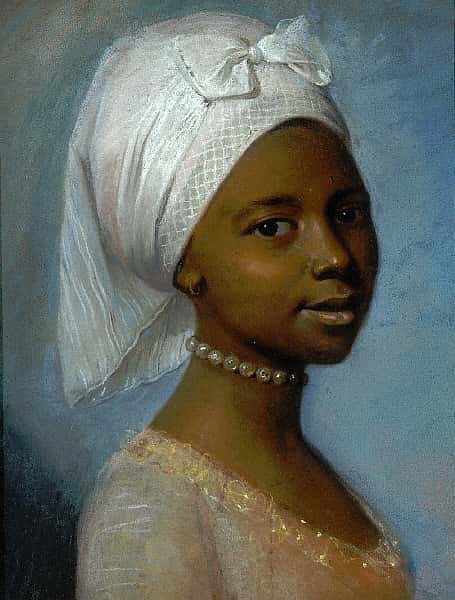By Mr Madu December 8, 2022
The tignon law was a 1786 law in Louisiana that forbade black women from going outdoors without wrapping their natural hair with a Tignon headscarf.
During the 18th century, laws restricting the lives of black people were common, and almost every colony had one. The French colonies had the Code Noir, which restricted the lives of both enslaved and free black people living in French colonies. Virginia had their act of 1705, which included the Virginia casual killing act of 1669, which gave slave masters the right to kill their slaves. While Louisiana had the Tignon law.
The Tignon law was enacted by Louisiana’s governor Rodríguez Miró in 1786 in an effort to rein in free black women who were beginning to pose a threat to the social hierarchy by dressing too elegantly, and competing too freely with white women for status. The governor intended the tignon to be a symbol of shame that linked free black women and creole women of mixed race to their peers who were still enslaved.
The Tignon laws which intended to regulate and reinforce social hierarchies were enacted at a time when Louisiana was a French colony, and they were modeled after the sumptuary laws that had been enacted in France, Spain and other European nations.
This article appears in its entirety at Talk Africana website. It can be read here.
